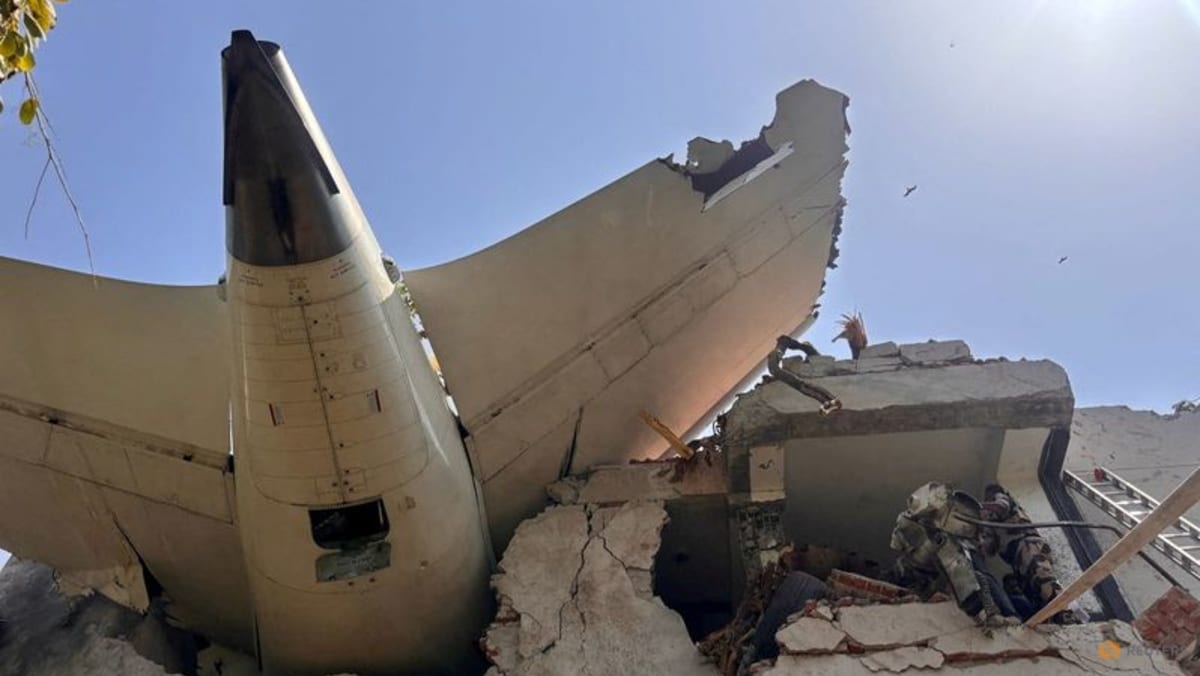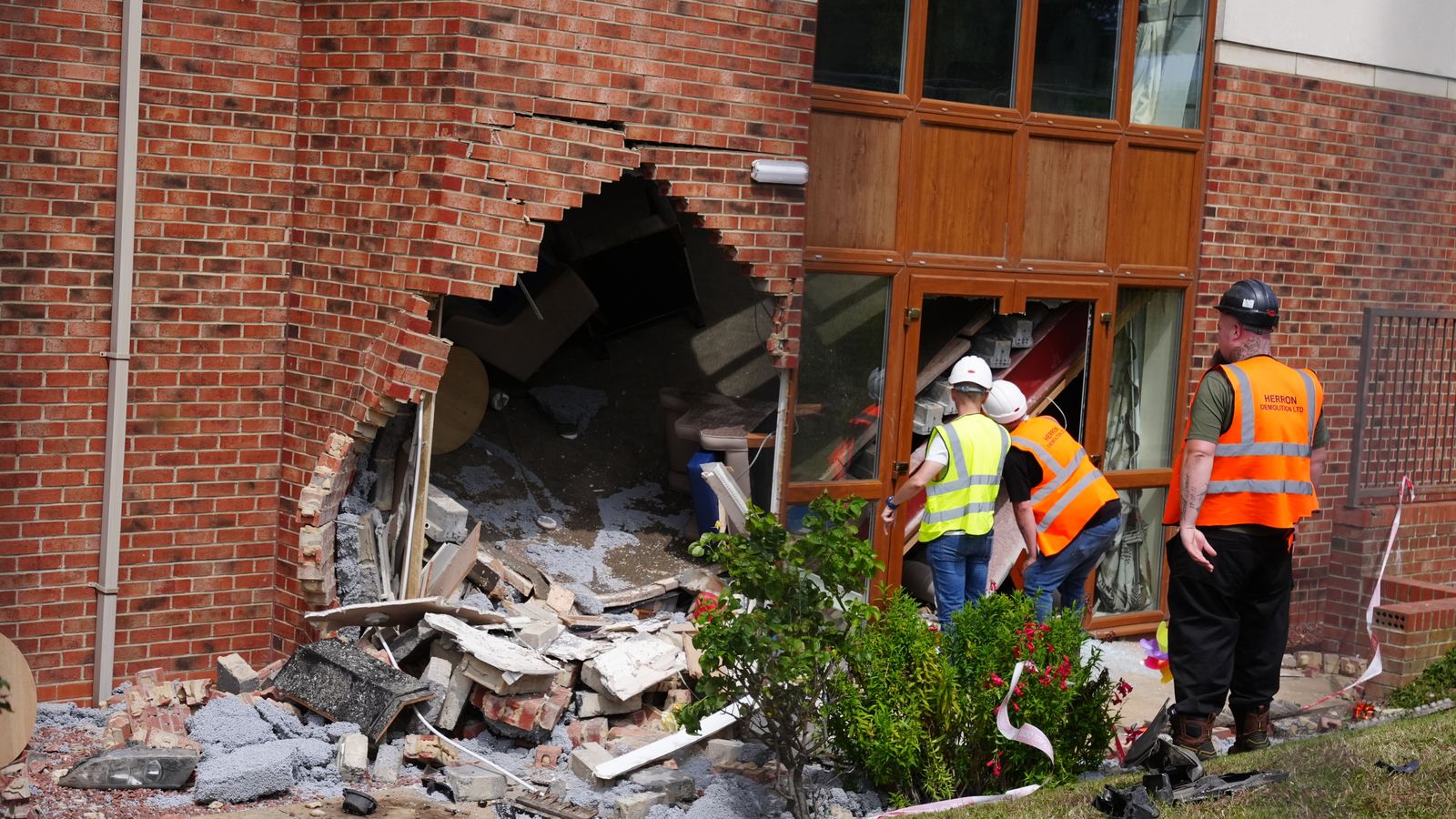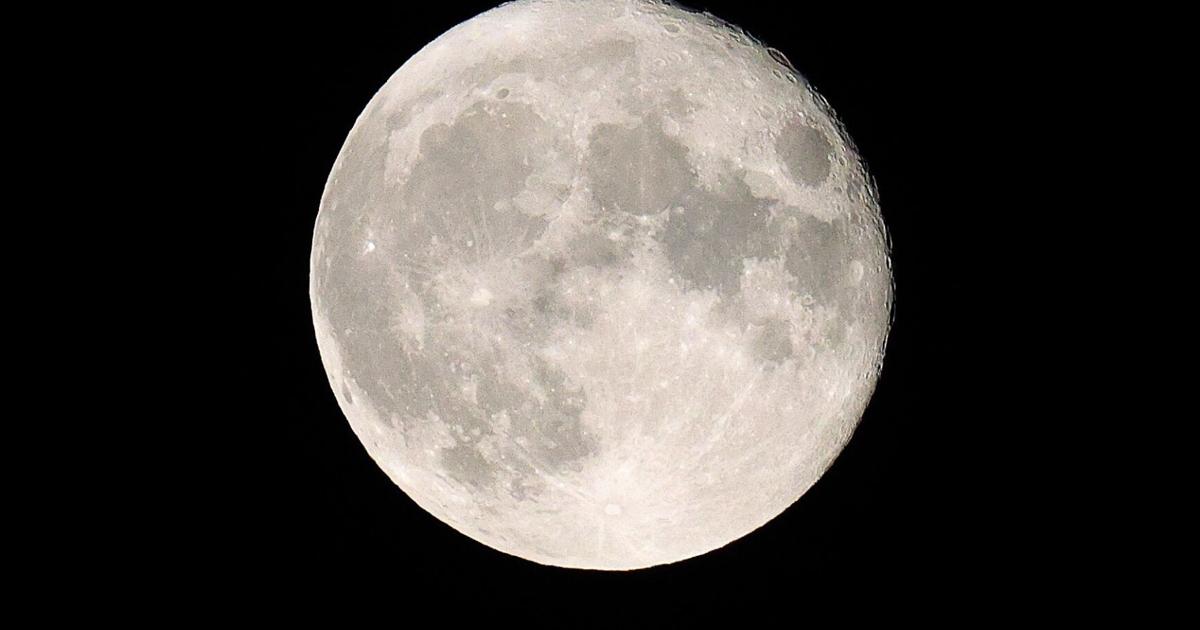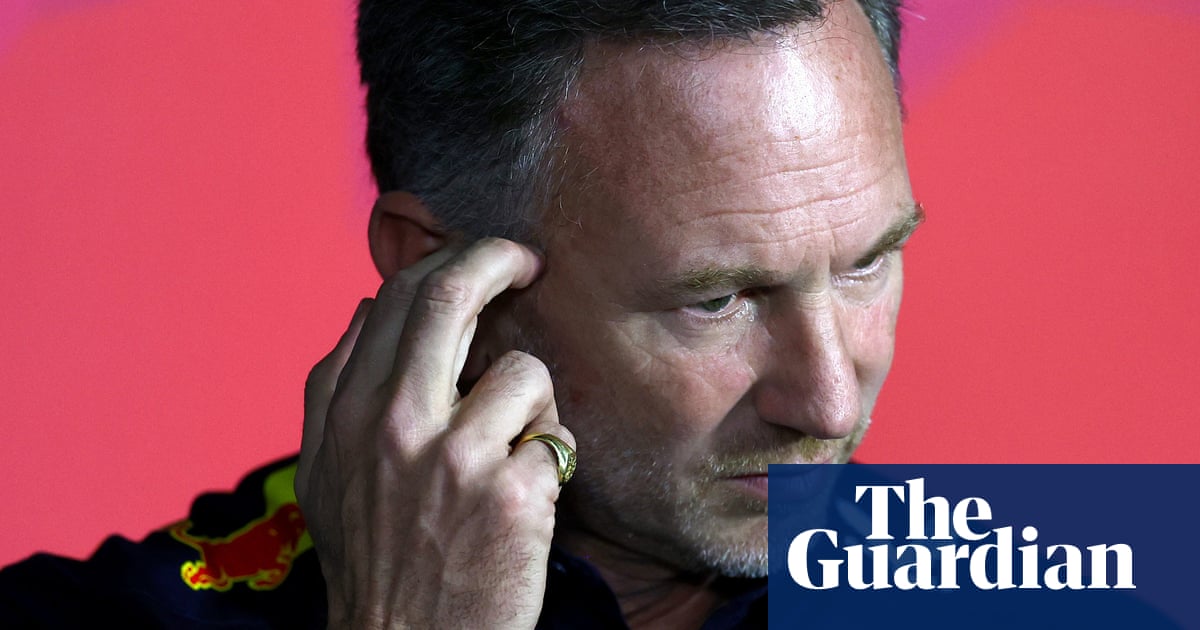U.S. Secretary of State Marco Rubio Engages in Constructive Dialogue with Chinese Foreign Minister Wang Yi
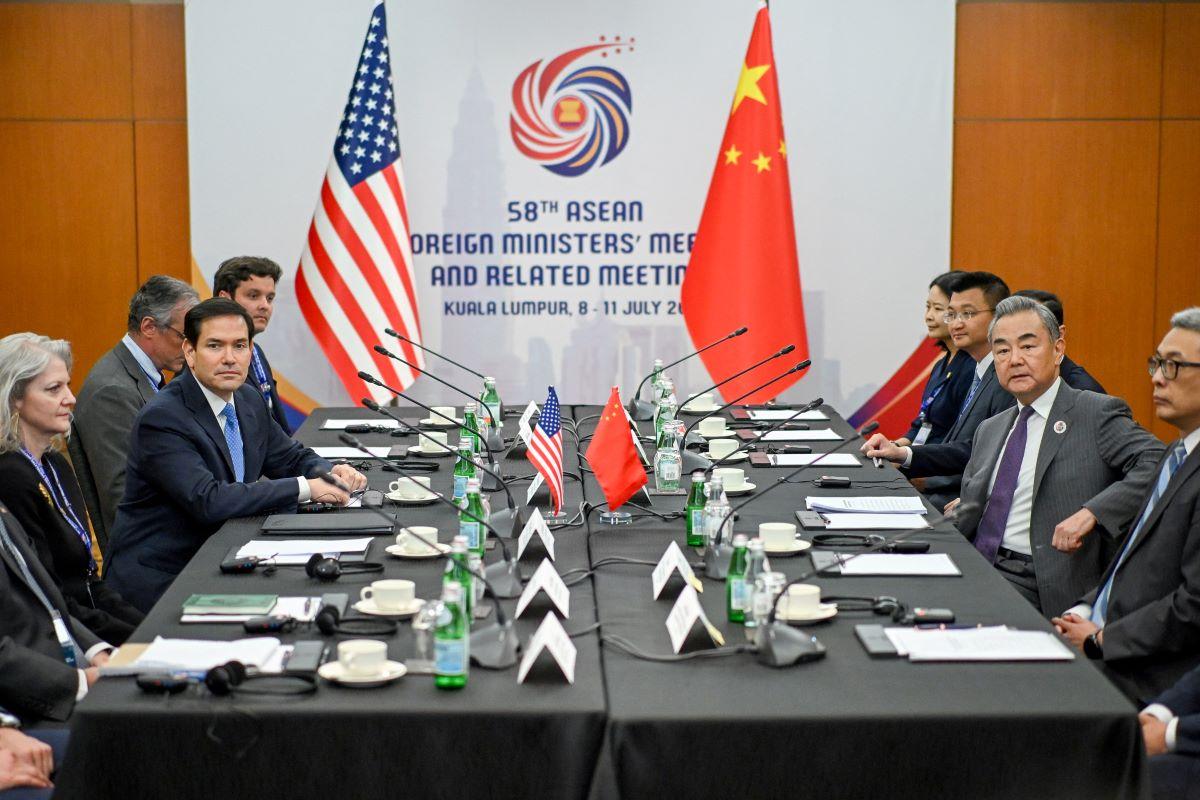
KUALA LUMPUR, Malaysia — In a significant diplomatic encounter, U.S. Secretary of State Marco Rubio met with China’s top diplomat, Foreign Minister Wang Yi, on July 11, 2025, during the 58th ASEAN Foreign Ministers meeting held at the Convention Centre in Kuala Lumpur. This meeting marks the first in-person dialogue between the two officials since U.S. President Donald Trump resumed office, underscoring the importance of interpersonal communication in easing ongoing tensions between the two powerful nations.
Both Rubio and Wang described their one-hour discussions as “positive” and “constructive,” indicating a mutual interest in reducing diplomatic frictions. The meeting comes at a time when the United States and China are embroiled in various disputes spanning trade relations and the sensitive issue of Taiwan, as both countries vie for increased influence across the Asia-Pacific region.
After the talks, Rubio expressed his satisfaction, noting, “I thought it was a very constructive and positive meeting.” However, he clarified that their discussions did not involve formal negotiations. “I think we left it feeling as if there are some areas we’re going to be able to work together on,” he added, providing a glimpse of hope amidst the prevailing tensions.
Rubio also suggested that there is a strong desire for a future meeting between President Trump and Chinese President Xi Jinping, although no specific date has been set. “There’s a strong desire on both sides to do it,” he stated, emphasizing the importance of high-level dialogue in fostering better relations.
In a statement following the meeting, the Chinese Foreign Ministry echoed Rubio’s sentiments, confirming that both sides found the discussions to be “positive, pragmatic, and constructive.” The statement further noted that both parties agreed on the importance of enhancing communication through diplomatic channels and exploring areas for expanded cooperation while managing their differences.
This significant sit-down occurred amid the backdrop of a three-day ASEAN conference, where foreign ministers from various nations, including Russia, the European Union, Australia, the United Kingdom, and Canada, gathered to discuss regional issues. U.S. officials had emphasized prior to Rubio's trip that Washington is prioritizing its commitment to East and Southeast Asia, highlighting the strategic importance of the region.
Despite the positive discussions, Rubio acknowledged the overshadowing presence of U.S. tariffs at the gathering. He stated, “If you look at some of these trade deficits, they’re massive. That has to be addressed.” He was met with warmth from Asian partners as he aimed to alleviate concerns over the U.S. trade policy, which has been described by ASEAN officials as “counterproductive” and a potential threat to regional economic growth.
Notably, longstanding U.S. ally Japan faces a hefty 25% tariff across the board, in addition to similar charges already imposed on cars, steel, and aluminum. South Korea also faces similar tariffs, which have raised concerns among its leaders. During the talks, Rubio met with his Japanese and South Korean counterparts, reaffirming the importance of these bilateral relationships.
In a parallel development, Wang shared with Malaysian Prime Minister Anwar Ibrahim that Washington's unilateral imposition of high tariffs is deemed “irresponsible and unpopular,” according to the Foreign Ministry’s statement. Malaysia's Foreign Minister, Mohamad Hasan, underscored that the ASEAN meeting addressed individual countries' concerns regarding these tariffs, highlighting the widespread unease surrounding U.S. trade policies.
Since Trump’s inauguration in January 2025, tensions between the U.S. and China have escalated significantly, culminating in a contentious trade war that at one point saw tariffs on each other's exports soar to unprecedented levels. The U.S. imposed an additional 145% levy on Chinese goods during this period, with China retaliating with countermeasures reaching up to 125% on U.S. products.
Although both nations agreed in May to a temporary reduction in tariffs, a lingering mistrust remains, with both accusing one another of attempting to undermine their respective global influence. U.S. Defense Secretary Pete Hegseth recently accused China of preparing for potential military action aimed at altering the balance of power in the Asia-Pacific, particularly concerning Taiwan, which China claims as its territory. In response, Chinese officials have accused the U.S. of using the Taiwan situation to contain China's rise while urging Washington to cease its provocative actions.
As the geopolitical landscape continues to shift, the meeting between Rubio and Wang serves as a crucial step towards fostering dialogue, with both diplomats recognizing the importance of continued communication in addressing their differences and exploring common ground.












